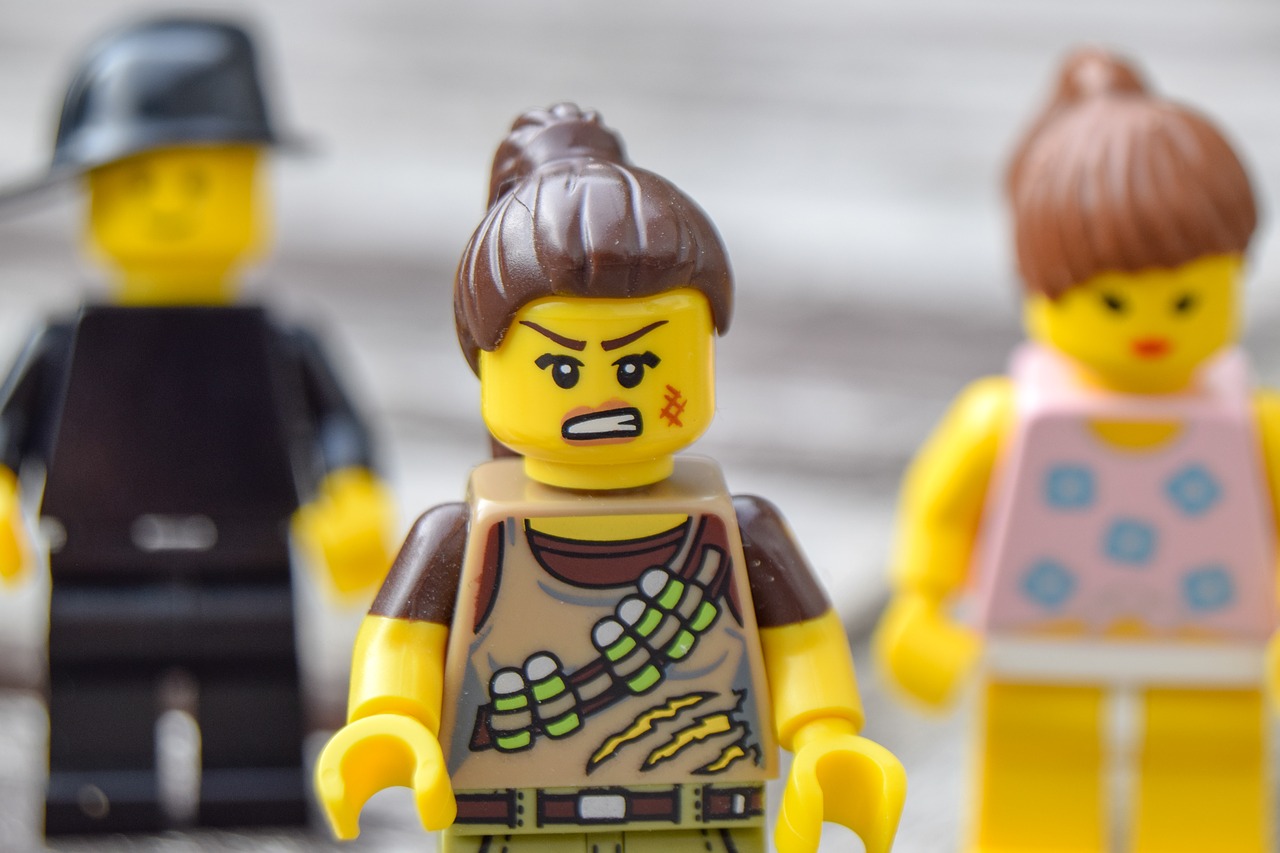What is Emotional Abuse?
An emotion is a feeling that you experience like anger, fear, love, happiness as a result of a situation you are in or because of a person you are with. Abuse, on the other hand, is a pattern of behaviour used by one person to gain and maintain power and control over another. So emotional abuse would be an attempt to control another person using his/her emotions.
In these videos, one person would often try to control the other by using negative emotions such as fear, guilt and shame and in the process, cause deep emotional harm to him/her.
Where Can It Occur?
Family
Emotional abuse in a family setting occurs when a caregiver engages in nonphysical forms of hostile treatment, adversely affecting the emotional health and wellbeing of a child. Examples of emotional abuse within a family include belittlement, restricting the child’s mobility and freedom, insults, discrimination, threats and intimidation. Happy Ho organizes best Meditation and Tarot classes in Noida and Delhi NCR area in India.
Additionally, the caregiver communicates overt and covert messaging of rejection, is psychologically unavailable and ignores the child, uses intense fear and terror to threaten the child, isolates and cuts the child off from social relationships normal for the child’s age and also corrupts the child by missocialization into maladaptive patterns of behaviour.
Romantic Relationships
A healthy romantic relationship is based on the foundations of intimacy, open and honest communication, mutual respect, trust and fairness. An emotionally abusive relationship on the other hand entails persistent threats, coercion, rebukes, insults, jealousy, isolation from friends and family, and control over personal and social aspects of an individual’s life. The perpetrator puts the other person down frequently, engaging in shaming, blaming, labelling name calling and making them feel small. This adversely affects the partner’s self-esteem, making them less likely to breakup with their abuser as they think that no one else would want to be in a relationship with them. Teen abusers may also verbally embarrass their partners in social settings, leading to an extremely low sense of self-worth in the partner. The perpetrator may monitor their partner’s online activities and engage in cyberbullying, pressuring their partner to send nude pictures. In LGBTQIA+ relationships, the perpetrator may threaten to ‘out’ them from the community or even reveal the truth about the individual’s sexuality to his/her parents if they are unaware of it.
School and Classroom
Students at all grade levels experience abusive emotional assaults from teachers in classroom environments. The verbal and non-verbal assaults can result in students acting out and demonstrating rebellious behaviour, anxiety, school phobia, social distancing from peers, and loss of motivation, an unhappy or depressed appearance, and academic difficulties.
Three types of maltreatment of students by teachers have been identified in school settings—emotional, physical, and sexual. Of these three, some have suggested that emotional abuse is the most devastating. Emotional abuse can be ongoing (throughout the student’s academic career) or one isolated incident. Some of the emotionally abusive classroom behaviours of teachers reported by students include harassment; verbal put-downs; labeling (e.g., stupid, dummy); inconsistent, erratic behaviour; screaming at the children until they cry; inappropriate threats to try to control classes; allowing some children to harass and belittle others; and use of homework as punishment.
Friends
Any relationship that you have with another person can be healthy: a source of positivity and mutual empowerment. Any relationship can also then be unhealthy: emotionally abusive. Some friends disrespect some or many aspects of yours. They disrespect your appearance, your choices, your preferences, your goals, your interests, or your values.
In the next part of this article, we’ll look at the markers and consequences of emotional abuse. Stay tuned!





